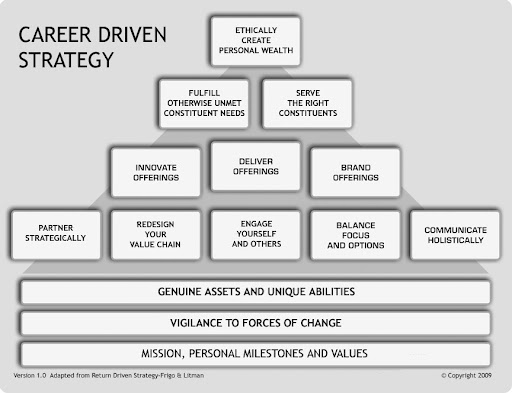Predatory pricing doesn’t work in a free market. Here’s why!
| From the desk of Miles Everson: Hello! I’m thrilled to talk about another investing insight for today’s “The Independent Investor.” Every Wednesday, I talk about investing in the hopes of helping you achieve true financial freedom by engaging in this activity. Today, I want to take a deep dive on state-backed enterprises and how these can reshape an entire industry for the worse. Curious? Keep reading below to know more! |
|
Predatory pricing doesn’t work in a free market. Here’s why! Selling below cost is usually a recipe for financial disaster as no company can sustain the losses incurred over a long period of time. While turning to this tactic usually leads to higher sales due to lower prices, a typical business normally can’t absorb the mounting costs they incur… unless it has the financial backing to do so. … and you know what? That’s exactly what’s been happening to the solar panel space for the past few years! Predatory Pricing
For years, Chinese manufacturers backed by government subsidies have sold solar panels at prices far below their production costs, forcing U.S.- and Europe-based competitors to shutter operations. In fact, between 2008 and 2013, China’s solar panel industry drove prices down by as much as 80% due in large part to state-backed interventions. Once the competition was eliminated, Chinese companies scaled their operations, reduced costs even further, and locked in China’s position as the world’s leading supplier. The result? The global solar panel market is overwhelmingly reliant on China as it now controls and manufactures over 80% of the supply. Unfortunately, a similar pattern is playing out in the electric vehicle (EV) market. A Disturbing Pattern Just like in the solar panel manufacturing space, Chinese EV makers are deploying predatory pricing to get ahead, as these companies are flooding global markets with EVs priced far below production costs. EU estimates reveal that some Chinese EVs that cost more than EUR 20,000 to make are being sold for as little as EUR 10,000. This pricing strategy is unprofitable and unsustainable in normal cases, but very much possible with government support. Tesla, one of the key players in the EV space, fell victim to the strategy, as it was forced to lower its prices to compete against companies that sell EVs below cost. If left unchecked, the EV market risks treading the same path as the solar industry. Should this happen, a handful of Chinese manufacturers might end up controlling the global supply, leaving the rest of the world dependent on them. Governments are stepping in to counteract predatory pricing… often through controversial tools like tariffs which can counteract the advantage brought about by state-backed subsidies. However, the clock is ticking. If interventions aren’t undertaken or remain unsatisfactory, global markets risk becoming monopolized by state-backed enterprises. The key takeaway? Companies that can adapt to these market dynamics and investors who recognize these trends before it’s too late will be the ones to come out ahead. Hope you’ve found this week’s insights interesting and helpful.
Stay tuned for next Wednesday’s The Independent Investor! You don’t notice the quiet ones until the noise fades. Learn more about why small stocks are ready for their moment in next week’s article! |

Miles Everson
CEO of MBO Partners and former Global Advisory and Consulting CEO at PwC, Everson has worked with many of the world's largest and most prominent organizations, specializing in executive management. He helps companies balance growth, reduce risk, maximize return, and excel in strategic business priorities.
He is a sought-after public speaker and contributor and has been a case study for success from Harvard Business School.
Everson is a Certified Public Accountant, a member of the American Institute of Certified Public Accountants and Minnesota Society of Certified Public Accountants. He graduated from St. Cloud State University with a B.S. in Accounting.



